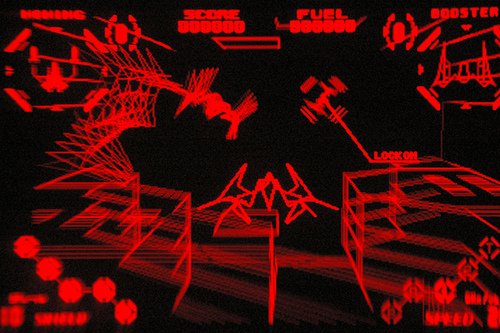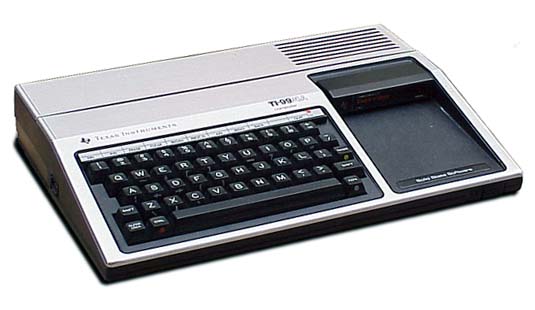Recently I was at a gathering with some colleagues from around the lab. During the course of the evening the discussion turned to some of the more obscure game consoles that appeared in the early to mid 90's. At one point I happened to mention owning a Nintendo Virtual Boy and all but two of the games released in the US (still need Jack Brothers and Waterworld; well, maybe "need" is too strong a word). The response was largely negative: why would anyone pay good money for bad games and bad headaches?

Certainly a valid question, but when I told the story of a time in summer 2004 when I passed on the chance to buy a Philips CD-i and a bunch of games (including the three Zelda atrocities), there was disappointment, as though the CD-i were somehow less awful than the Virtual Boy. For me, these reactions highlight a frequent conundrum. I love going to independent game shops to see what they have lying around. There is always a certain thrill associated with finding something rare, be it a Wonderswan color or a sealed 3DO. However, the fact that video games are consumer products results in a strange situation where unpopular products become rare. This happens when a system lacks good games, so few people buy it, and hence few are manufactured. In video games, "rare" items can be really good or really bad. So there is this ongoing question of whether an uncommon, albeit crappy, find is worth the money. After all the same money could just as well go towards something I know to be quality. But at the same time there is an almost ethical concern as well.
The problem with video games, especially console games, is their ephemeral nature. Games only become obsolete, but hardware wears out with use, rendering associated games unplayable. Finding uncommon hardware for sale thus carries a sense of gravity: I was fortunate to find this item, and while it may not be fun to play it needs to be preserved (using eBay here is no fun). In a sense, this is part of my heritage, and should go to someone who will appreciate it. Of course, the idea of preserving game history is a paradox: games are meant to be played, but that Jaguar will only last so long before something fails, and does it not also deserve preservation?
If games are your sole concern there is always emulation. Of course emulators are a hot-button topic, and there is a lot to be said. First and foremost I appreciate Nintendo's efforts with the Wii's Virtual Console. This is an excellent way to preserve gaming history, and while there are many titles lacking they are moving in the right direction. Also notable is Classic99, which emulates the TI 99/4a home computer and is apparently distributed under license from Texas Instruments. It even comes with a few games to get you started. While I wish this was something more companies would do as a service to the community, Nintendo has shown that there can still be a market for these games, and any reluctance to release "official" emulators on their part is completely understandable.

For the purist, however, emulation is hardly an option, and not just because emulators are rarely completely accurate. While the success of a given platform has at least something to do with the quality of games available, part of the overall experience comes from the hardware itself. Sure the Dreamcast had plenty of great games, but I will always associate those games with the nagging sense that no human being designed the controller. Similarly, the unreliability of the old NES makes for lots of good stories. A good friend of mine is a big fan of Marble Madness, but his NES can barely function long enough for him to finish the game before the hardware crashes. Thus it is both a test of his skill and a race against the console itself. Towards the end the sprites transform into random characters, signaling the imminent crash. It really improves the game.
There is something to be said for playing games on the hardware they were meant for, to have the experience as originally intended. To do otherwise is like watching a cell phone bootleg of a movie: you know what generally happened, but the experience is nothing like being in the theater on opening night. Ultimately I regret not purchasing the CD-i, even though that money went to much better games. A few weeks later I went back to the store but the system was gone, and prices for one now are prohibitively expensive. If you can find one.






